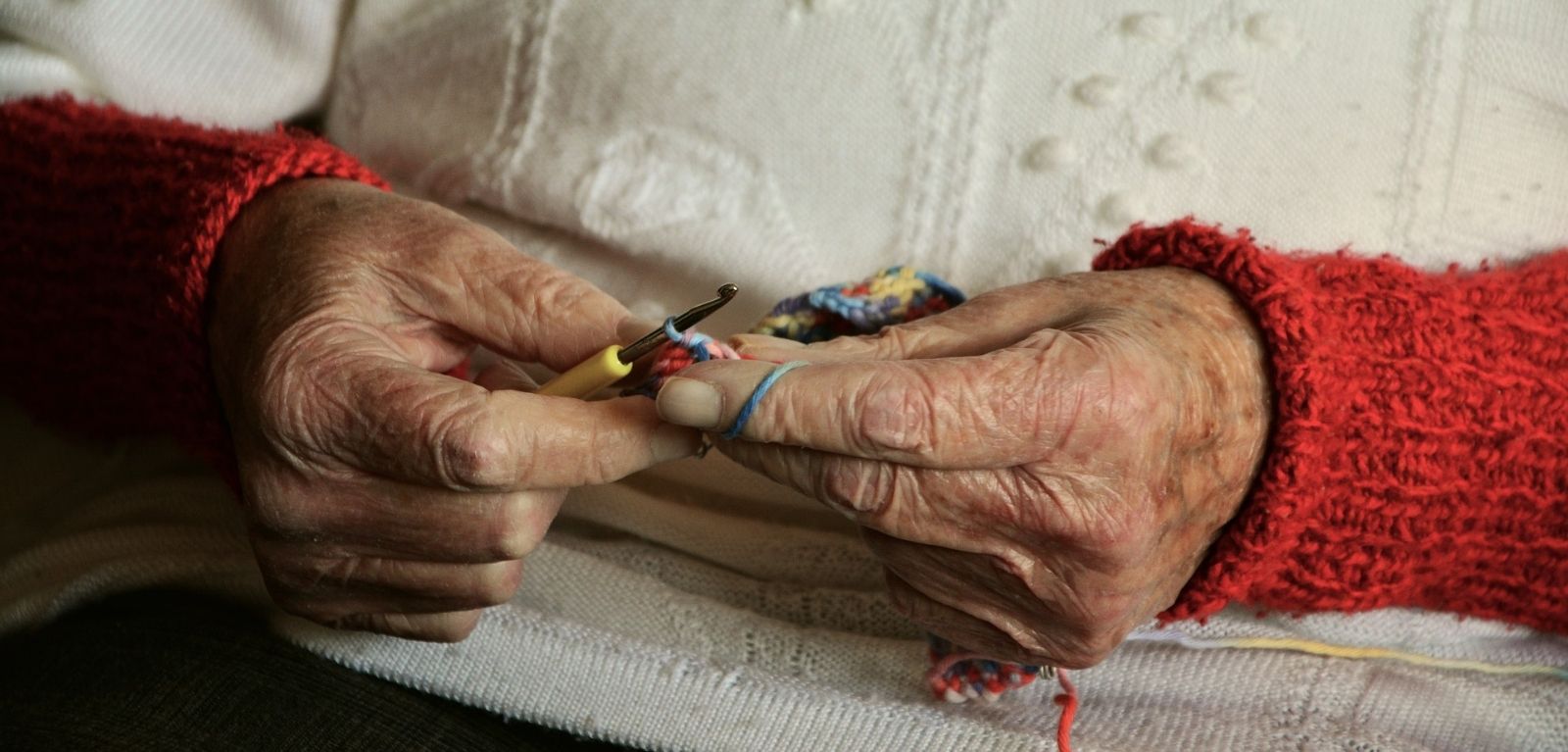New resource launched to help care home residents and families during pandemic
A new online resource led by Queen's University Belfast has been developed to help bridge the gaps of information to enable carers and their families to make informed decisions around end of life care.

Care home residents and their families have been particularly affected during the pandemic. In the absence of regular visits and communication between families of those in care homes and the staff, it has been challenging to ensure the needs of the residents are met, particularly for residents with limited communication.
Advance care planning (ACP) is a process that supports adults at any age or stage of health in understanding and sharing their personal values and preferences regarding future care and realistic treatment choices. Not only does ACP enable patients and their families to make informed healthcare decisions, it also supports the delivery of high quality care.
The COVID-19 pandemic has raised particular challenges for care home residents, their families and the staff that look after them. Limited visits and reduced communication between care home residents, families and care staff has inevitably had a negative impact in the care home sector.
The launch of an online COVID-centric advance care planning resource for care home staff and family carers aims to increase awareness of ACP and support shared decision making during a COVID-19 outbreak.
Lead researcher Professor Kevin Brazil explains: “Many families of care home residents have felt like they’ve been left in the dark during the pandemic, anxious that the needs of their loved ones weren’t being heard. Bringing together experts in ACP, this resource offers information for both families and care home staff to better understand how they can ensure the best standard of ACP is in place, helping to overcome obstacles that Covid-19 has presented.”
Christine Reddall, a carer who was involved in the development of the resource, said: “From a carer’s experience, I struggled immensely with the lack of advanced care knowledge amongst the staff in the care home my daughter was in. Had they had access to this resource, I know it would have helped them tremendously. My family would have felt so much more in control and my daughter’s end of life care would have been so much better.”
Professor Nancy Preston from Lancaster University said: “I was impressed by the immediate change in practice after the training by the care homes staff. At such a challenging time during the pandemic they felt equipped to have these conversations and importantly families felt they could ask the care staff about advance care plans.”
The online resource was developed in partnership with researchers from the International Observatory on End of Life Care at Lancaster University, Dementia UK and Marie Curie Hospice, Edinburgh. The work was co-funded by the Economic and Social Research Council as part of the UK Research and Innovations rapid response to COVID-19, and the Health and Social Care Research and Development Division (HSC R&D Division) of the Public Health Agency in NI.
Media
Media enquiries to comms.officer@qub.ac.uk